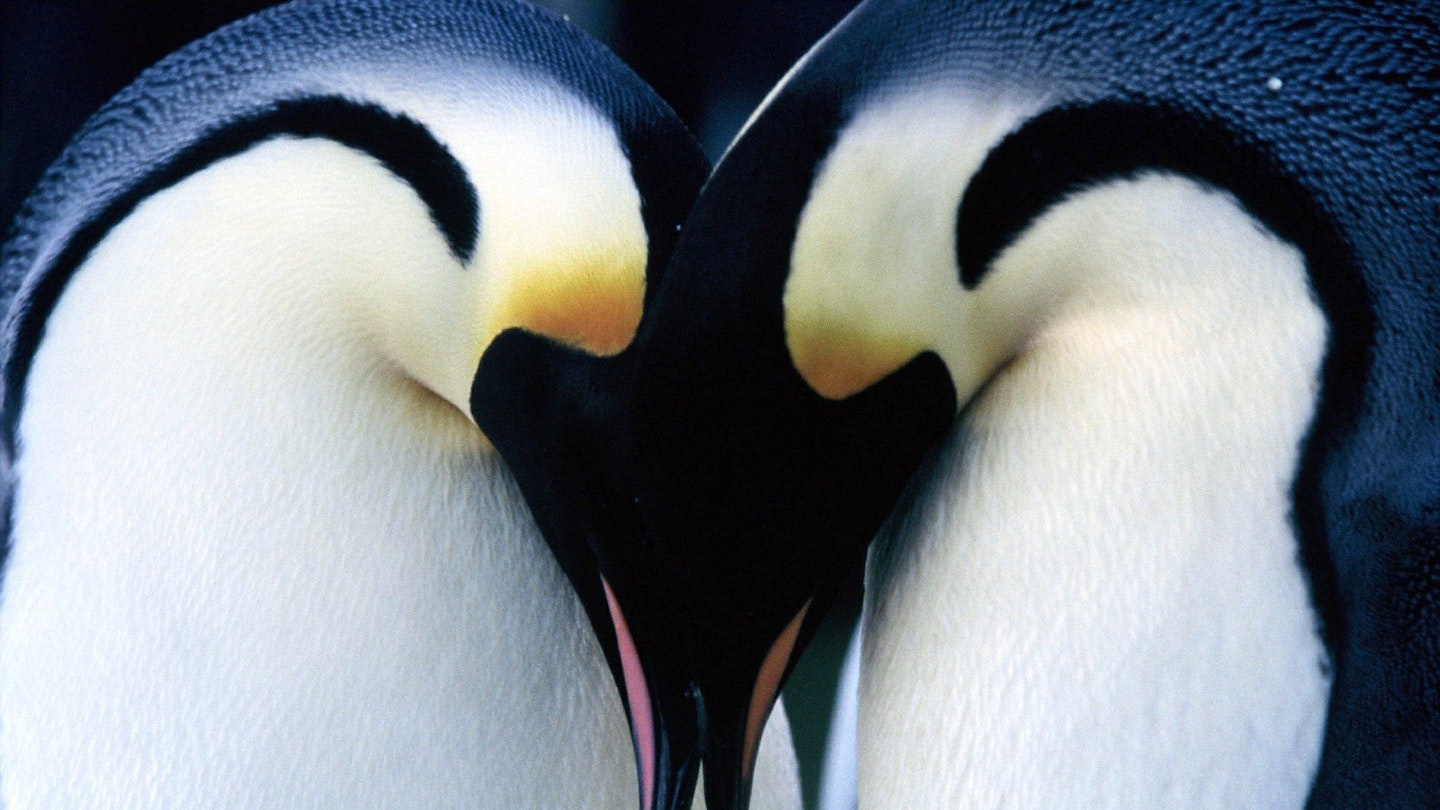In the US, March Of The Penguins has been hailed as a box-office triumph, the first nature film to succeed as mainstream entertainment. But like Fahrenheit 9/11, the only higher-grossing documentary in history, this isn’t a documentary in the traditional sense, boasting a stronger story than many features. In an amazing account of life against the odds, thousands of penguins make the trek inland from their summer feeding-grounds to mate (largely off-screen — this is a U, after all) and lay their eggs. This epic quest for survival — eat your heart out, Lord Of The Rings — takes place amid the harshest weather on Earth, and it happens every year.
Sadly, apparently lacking confidence in the strength of their icy images and waddling stars, the filmmakers feel the need to use Morgan Freeman’s voiceover to emphasise what devoted families these penguins make. This despite the fact that they mate for only a season at a time, that the chicks may never see their parents again once weaned, and that — hello! — they’ve got bird brains.
All too often, intriguing little details are ignored as the film struggles to anthropomorphise its stars. This sort of sloppy thinking makes March an occasionally frustrating experience for those brought up on Attenborough documentaries, which always successfully combined entertainment and scientific rigour. At least we can be grateful that the original French version, which dubbed the penguins with voices of their own, won’t make it to this country.
That’s not to say that the movie is totally uninformative, nor that anyone should be concerned that it’s been adopted by creationists thrilled that it doesn’t discuss evolution. But given that director Luc Jacquet and his crew spent more than a year shooting every aspect of these birds’ lives, producing some of the most beautiful images of the Antarctic ever committed to celluloid, while using special cameras to capture underwater images (a little grainy compared to the rest of the movie, but when you’re in a drysuit in sub-zero temperatures, that’s probably the least of your worries), you wish they’d spent a little time feeding us some information to accompany the pictures. As it is, this docu-drama sometimes feels sanitised and toothless.
